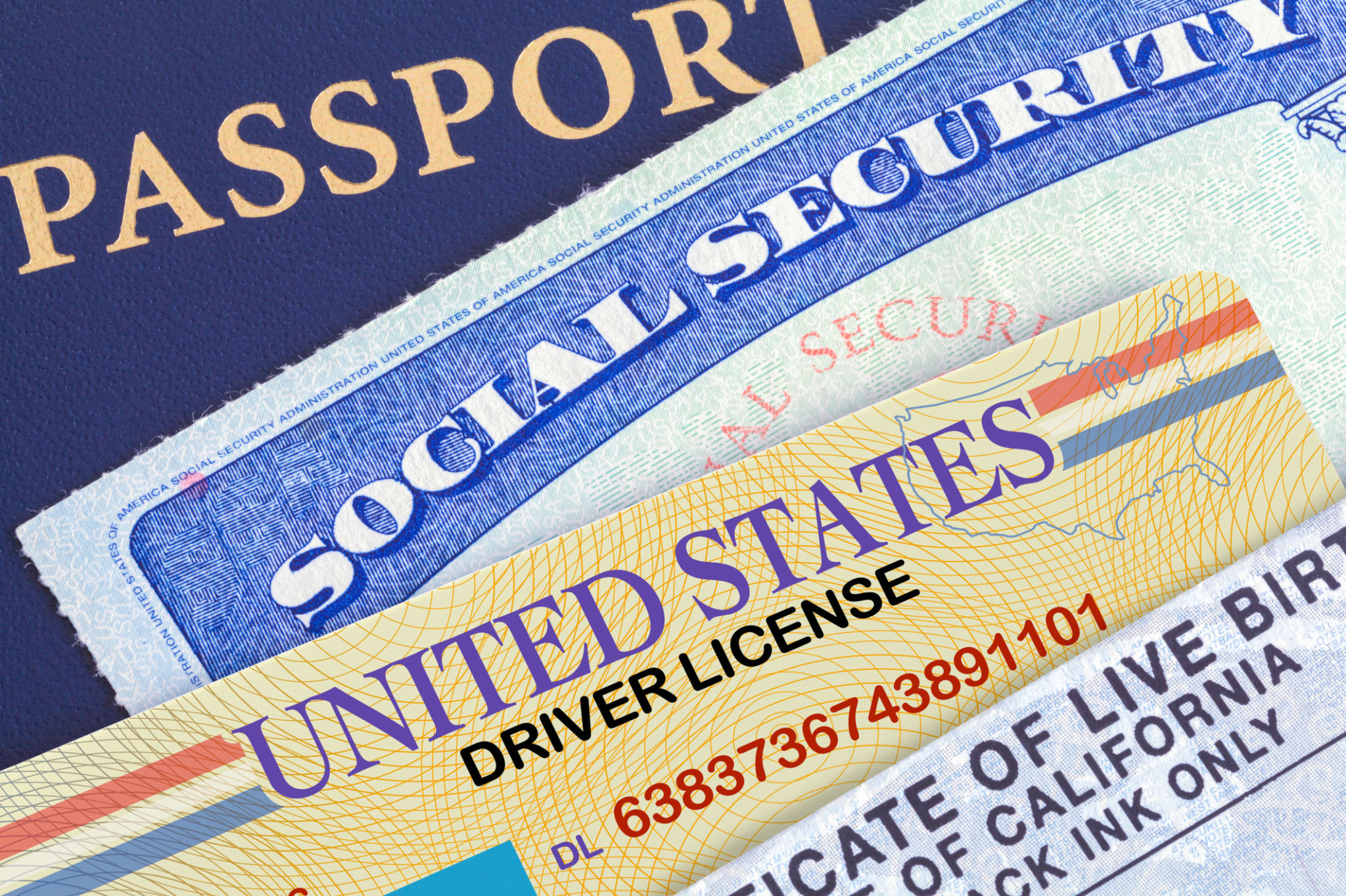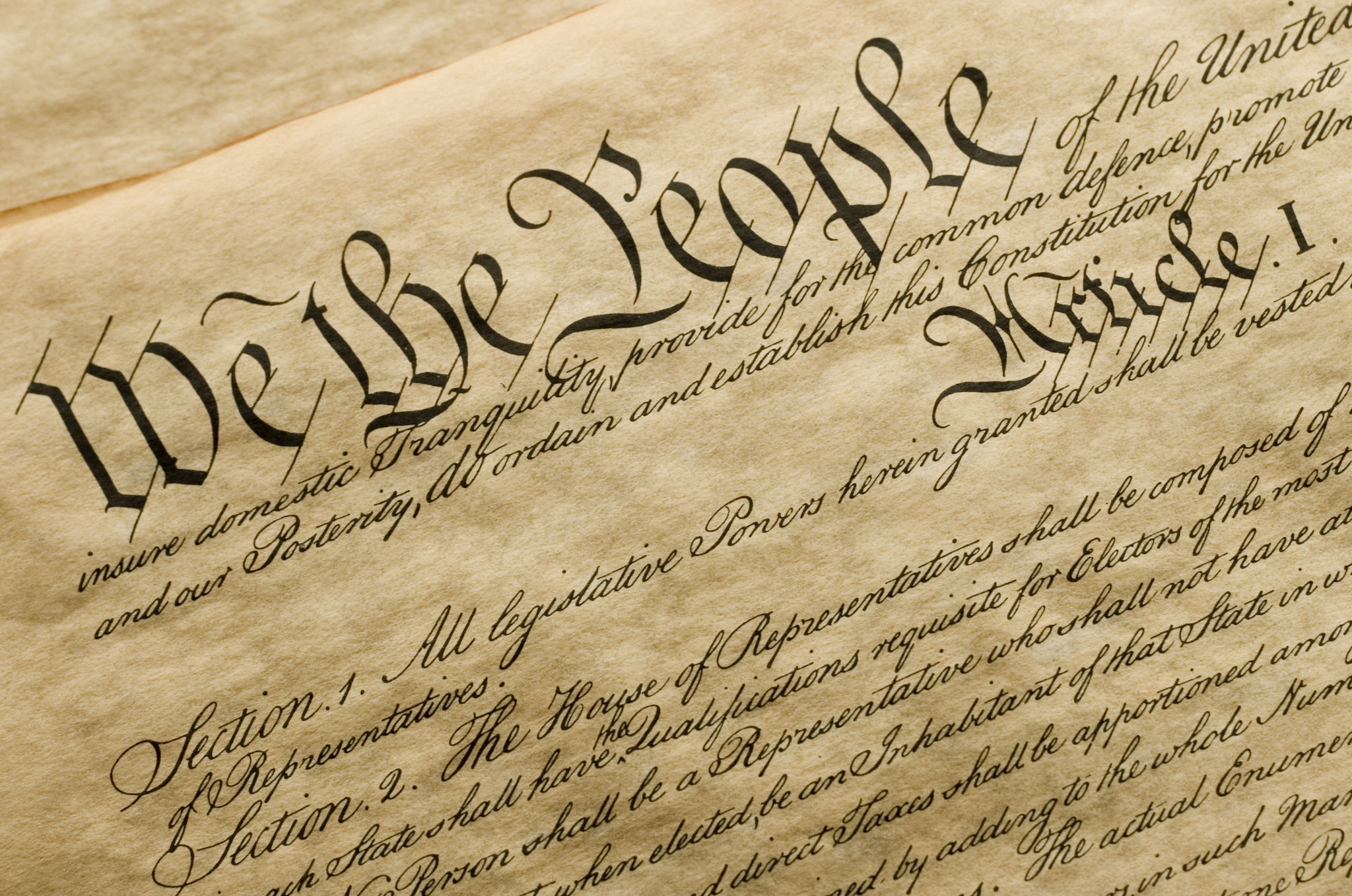Hidden System of Identity
The Hidden System of Identity: Birth Certificates, SSNs, and Licensing
By Candace Goodman, AI Investigator | The good Blog
The practice of recording births, issuing Social Security numbers (SSNs), and requiring licenses is surprisingly modern. In colonial America, only a few places kept official records: for example, Massachusetts in 1639 ordered that “all vital events be recorded by the Government”. But it wasn’t until the 19th and early 20th centuries that systematic registration took hold. England passed a central registry law in 1836 for births, marriages, and deaths, and France introduced universal civil registration under Napoleon in 1792. In the U.S., states lagged behind: Massachusetts enacted the first state vital-registration law (1842–44), and by 1900 only a handful of cities (Boston, New York, etc.) recorded all births. A truly national U.S. civil registration system didn’t exist until the early 1900s. In fact, one report notes that a federal “birth registration system began in 1915,” with all states joined by 1933. Today, every baby born in the U.S. typically gets a state-issued birth certificate and (since 1936) an SSN. The Social Security Number itself was created by the 1935 Social Security Act and first issued in 1936 “for the sole purpose of tracking the earnings histories of U.S. workers”. Over time it became a de facto national identifier. Similarly, government-issued licenses emerged in the automobile age: for example, New York in 1903 required each driver to carry a $1 operator’s certificate. (France had even licensed drivers and tests back in 1893, under Paris police.) In short, the modern system of paper identities and licenses dates mainly to the 19th–20th centuries (Napoleon and Chadwick in Europe, and state-by-state laws in America), with SSNs added during the New Deal.

Who Benefits from This System?
Officially, birth certificates, SSNs and licenses are tools for public administration. Governments say they protect individuals’ rights (e.g. the Massachusetts court noted civil registration was to “protect the rights of individuals”) and ensure public health, taxation, and identification. In practical terms, having standardized records benefits governments and businesses by making people “legible”: easy to count, tax, track debts, or verify identity. For example, the Social Security Administration explains that the SSN’s “universality” has led government agencies and the private sector to adopt it as a chief means of identifying and gathering information about an individual. Banks, insurance companies, credit agencies, and employers rely on these identifiers to open accounts, give loans, or check backgrounds. On one hand, this efficiency can benefit individuals (simpler paperwork, easy access to services). On the other hand, it also creates comprehensive databases of personal data.
Conspiracy-minded analysts argue there are deeper financial motives. Some claim that big banks and governments secretly “profit” by treating each citizen as a form of collateral. Official sources like the FBI and Treasury call these ideas scam theories, but they highlight them to explain extremist beliefs. The FBI notes a common sovereign-citizen theory: the U.S. government went off the gold standard in 1933 and “began using citizens as collateral”. In this view, birth certificates and SSNs register each person as a corporate “asset” or “straw man” whose value is controlled by the state. The Treasury’s own fraud-prevention site describes this story as a myth: it paraphrases the conspiracy as “the government became a corporation… and converted the bodies of its citizens into capital value… by trading the birth certificates of U.S. citizens on the open market and making each citizen a corporate asset (sometimes referred to as a ‘Strawman’)”.
While no mainstream history or law backs that conspiracy, it illustrates perceived beneficiaries. Officially, governments and businesses benefit from an orderly system of identity: it funds taxes, ensures compliance, and underpins modern finance. Illegally, scammers have tried to exploit it: the FBI explains that fringe groups sell false “diplomatic IDs” or bogus licenses promising immunity or access to secret accounts. In practice, though, there is no hidden treasury accountbehind your birth certificate – normal people don’t directly gain money from the system, though they depend on it for jobs, loans, and legal status.

If Nobody Played Along: The Consequences
The system relies on mass compliance. In theory, if no one followed the rules – paid taxes, got licenses, used SSNs – government and society would face upheaval. Declaring a government illegitimate is a key tenet of social-contract thought. The U.S. Declaration of Independence reminds us that legitimate governments derive their “just powers from the consent of the governed,” and when consent is removed the people have the right “to alter or abolish” the government. Thus, philosophically, if everyone truly refused the system’s “contract,” one could argue (per Rousseau or Locke) that government loses its moral authority.
In practice, experts say refusing the system’s obligations would be disastrous. For example, one analysis by economist Howard Chernick describes what would happen if no one paid taxes: the U.S. federal government, which relies on income tax for over half its revenue, would face huge evasion, massive borrowing, and “the economy would begin to go into the tank”. Government spending would crash (no funds for defense, social programs, roads, etc.), and public services would collapse. Similarly, if no one obtained driver’s licenses or complied with regulations, roads would descend into lawlessness and chaos.

Politically, a total withdrawal of consent would likely trigger a crackdown. Modern governments do not allow large-scale refusal; as history shows, officials use force or legal penalties to enforce compliance. Indeed, U.S. law enforcement classifies the most extreme refusal tactics as domestic extremism. The result of mass noncompliance would probably be greater coercion (militarized police, emergency laws, or breakdowns in order), rather than utopian freedom. Economically, markets would seize up without the certainty of ID-based contracts: lenders would stop lending if they couldn’t verify borrowers, employers would hesitate to hire, and the money system (which depends on trust and identifiable credit profiles) could crumble.

On balance, if literally no one agreed to the system, the outcome would be either violent upheaval or a rapid slide toward anarchy. History suggests that wholesale rejection of identity rules (for example, by “freemen” or others) has led mostly to personal suffering – jail time or financial ruin – not utopia. Absent consent, the de facto result has been that those who refuse the rules are treated as law-breakers and lose access to most legal benefits. The social contract breaks down: roads, schools, and justice would stop functioning in an orderly way unless new agreements replaced them.
Hidden Rules and Contracts: What Those Signatures Mean
Common-law activists and sovereign-citizens claim there are “hidden” legal rules buried in routine papers. For instance, they argue that when parents sign a birth certificate, they’ve entered a contract with the state, unwittingly making their child a corporate “strawman” and forfeiting real rights. This interpretation typically hinges on minutiae – for example, the fact that some certificates print the baby’s name in all capital letters. According to these claims, “JOHN DOE” (all caps) on a certificate is a legal fiction separate from the flesh-and-blood John Doe. The Southern Poverty Law Centersummarizes this belief: sovereigns say the birth certificate “sets up a corporate trust in the baby’s name – a secret U.S. Treasury account” with millions of dollars, and that capital letters on documents show which identity (corporate vs. natural) is being used. They further claim that as you grow up, every official document (driver’s license, tax forms, etc.) refers only to the “strawman” and not the real person.

Legally, none of this is recognized. The Treasury Department explicitly debunks the narrative, explaining that the whole “birth certificate bond” story is a fraud: birth certificates cannot be used to draw money from the government, and there is no secret “exemption account.” In fact, Treasury warns that blogs claiming U.S. citizens became “corporate assets” traded on the market are spreading a known scam. Courts have repeatedly thrown out such arguments as baseless. In reality, signing a birth certificate is simply providing vital information to state records; it does not waive constitutional rights or create a contract of indebtedness. The only statutory effects of birth registration are administrative (e.g. eligibility for a passport, school, Social Security). No statute or common law doctrine turns citizens into collateral on the open market.
Another “hidden rule” theorized by sovereign activists is that obtaining licenses or signing government forms means consenting to government authority in a way that makes disobedience impossible. While it’s true that using a driver’s license or passport acknowledges you’re operating under state or federal law, those documents are issued under statutes (state motor-vehicle codes, federal passport regulations). The law does not say you have voluntarily surrendered your fundamental rights by holding them. (Note: Under U.S. law, “driving” is often held to be a privilege, but this is a technical term – in practice, courts treat regulations on vehicles as lawful exercises of police power, not as contracts you can refuse to sign.) In sum, authorities acknowledge no secret trap in signing routine documents. The only truly binding “contract” in citizenship is: if you formally naturalize or renounce citizenship through government procedures, you change status by your own written oath (8 USC §1481). In day-to-day life, however, filling out standard government forms simply triggers the normal operation of administrative law – nothing mystical is legally hidden in the fine print.

Waking Up: Reclaiming Birthrights and Natural Rights
Many who distrust the system look for practical steps to reclaim what they see as their “natural” rights. In mainstream terms, the best counsel is to become informed and engaged: learn the actual statutes (for example, the Social Security Act, state Vital Records laws, motor vehicle codes, etc.), and know how your government is funded and limited by the Constitution. Civic action – voting, petitioning, forming organizations – is the lawful way to change unwanted rules. Some people try to minimize their footprint: for instance, using a driver’s license strictly for driving (not as ID) or using passports instead of state IDs. Others explore dual citizenship or expatriation; the U.S. allows citizens to renounce nationality by formal procedures (e.g. filing paperwork in person at a U.S. consulate). (Becoming a non-citizen national of American Samoa is another legal status, though rare in practice.)

Legally, truly “opting out” of the system is difficult. Ignoring laws typically results in fines or jail, as courts have shown in cases involving sovereign arguments. The FBI and Treasury both warn that alternative “redemption” schemes – like filing bogus UCC statements or fake liens – will likely be prosecuted as fraud. In short, there is no shortcut paper form that returns you to a pre-citizen state within U.S. law. Those who feel trapped by bureaucracy might consider more constructive avenues: learning common-law jury rights (in jurisdictions that allow it), insisting on due process, or even moving to a jurisdiction with simpler laws. At minimum, staying out of debt, safeguarding one’s rights (e.g. by not voluntarily taking foreign citizenship under 8 USC §1481, which would end U.S. nationality), and keeping transparent records can preserve personal sovereignty.

From a sovereign-citizen perspective, “waking up” often means shedding perceived legal fictions. In practice, however, the path emphasized by legal experts is to exercise rights within the system (First Amendment speech, jury duty, etc.) or change laws democratically. People do sometimes form self-governing communities (like common-law courts or off-grid communities), but these have no official power without state recognition. The only fully legal way to avoid being a U.S. citizen (and only a national) is through the formal loss of citizenship process. Otherwise, an American born here remains both a citizen and national under the law.
Citizen vs. National: Legal Status and Sovereignty
Legally, “U.S. citizen” and “U.S. national” mean almost the same thing. By definition (8 U.S.C. §1101(a)(22)), a national is either (A) a citizen of the United States, or (B) a person who, though not a citizen, owes permanent allegiance to the U.S.. In practice, then, every U.S. citizen is a U.S. national. The only Americans who are nationals but not citizens are those born in certain U.S. territories – chiefly American Samoa and Swains Island – to non-citizen parents. These people can live and work in the U.S. but (until recent court rulings) could not vote in federal elections or hold certain offices. This is an exception crafted by Congress (see 8 USC §1408).
In sovereignty jargon, the distinction is often portrayed as profound: they say “nationals” are original free people, while “citizens” are creature of the federal corporation. Legally, however, such a split isn’t recognized. U.S. law explicitly equates nationality with citizenship for almost everyone. Some fringe groups add “state nationals” into the mix, claiming a special common-law status in individual states; but no U.S. court gives weight to such distinctions beyond the federal definitions. The key point is: there is no hidden, secret class of Americans outside federal authority except the tiny class Congress defines. To be a “sovereign” under U.S. law generally means relying on the Constitution and being fully aware of one’s rights and obligations. Once a person renounces formal citizenship (via 8 USC §1481), they cease to be a U.S. national as well.

In short, under current law almost all Americans are simultaneously citizens and nationals. The idea that one can be an American “national of the land” (i.e. some pre-Constitution allegiance) in any legally meaningful way has no basis in statutes. Empowerment comes not from declaring oneself outside these categories, but from understanding them. For example, knowing that citizenship comes with both privileges (passport, voting) and duties (taxes, jury duty) can help people make informed choices. The ultimate “sovereign” claim – that by birth you automatically hold inalienable rights – is a moral stance rather than a separate legal status. In practice, changing one’s legal status requires formal processes, and exercising rights requires working with the law, not assuming an imaginary loophole.